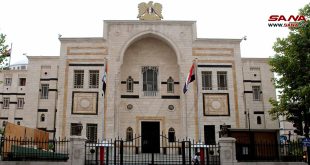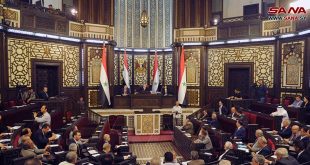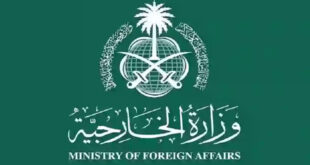Damascus, SANA – The People’s Assembly discussed in a session on Tuesday the report from the Budget and Accounts Committee on the bill for the state general budget for the 2016 fiscal year.
The 2016 state general budget exceeds the 2015 budget by SYP 426 billion, marking an increase of around 27.41%, and is divided into 1,470 billion for the current budget, which is SYP 326 billion (28.5%) more than it was in 2015.
The remaining 510 billion are allocated for the investment budget, which was set at 100 billion last year.
Funds allocated for social support, which will go towards stabilizing prices in markets, are set at SYP 192.25 billion, and the total sum allocated for social support which includes all ensuing financial obligations is estimated at SYP 973,250,000,000.
Funds allocated for salaries, wages, and compensations are set at SYP 372.07 billion, which is 56.02 billion more than the 2015 budget.
Head of the Budget and Accounts Committee at the Assembly Hussein Hassoun said the government has based the 2016 budget on the current situation and on specific priorities and goals, which include continuing to fight terrorism and enforce security and safety to citizens, in addition to securing the needs of relief and shelter efforts, and improving the living conditions of citizens as a whole.
Hassoun called for finding a solution to the exuberant prices in the market which are depleting low-income individuals and to regulate the market regarding the USD exchange rate by curbing the currency black market and speculation.
He also called for supporting the agricultural and industrial sectors, along with providing foreign currency needed to procure raw materials to all production sectors, as well as addressing the issue of civilian martyrs, providing an income for the elderly who don’t have any pensions or source of income, and tackling the issue of the immigration of youth and people with technical and scientific skills.
For their part, Assembly members called for revising tax categories, dealing with the foreign currency black market, providing incentives and support to small projects, curbing tax evasion, and supporting the middle class and poor segments in society.
Hazem Sabbagh
 Syrian Arab News Agency S A N A
Syrian Arab News Agency S A N A




